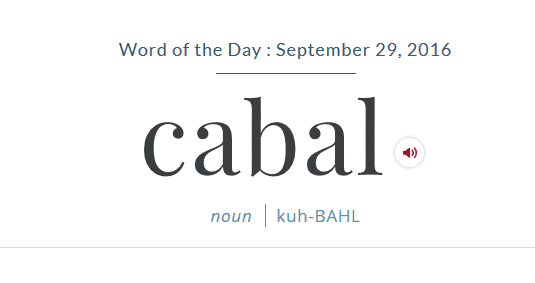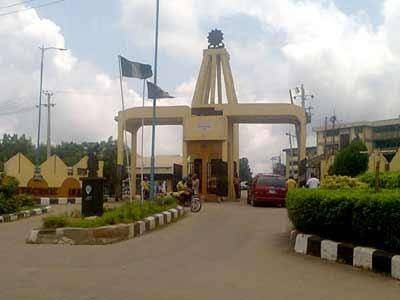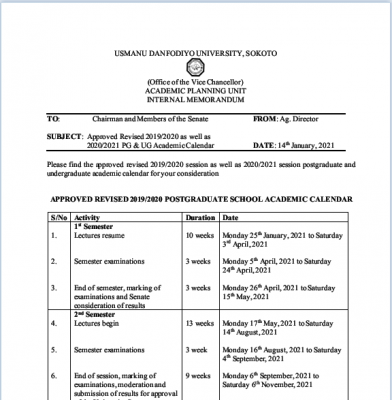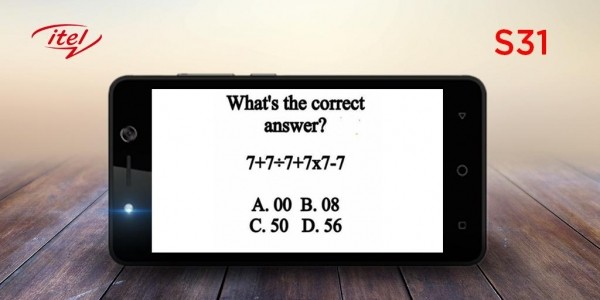
Definition
1 : the artifices and intrigues of a group of persons secretly united in a plot (as to overturn a government); also : a group engaged in such artifices and intrigues
2 : club, group
Examples
"A 'cabal' of wealthy conservatives has begun using New York State's campaign finance laws to sway local elections…." — Michael Gormley, Newsday (New York), 24 Aug. 2016
"Looking back, it didn't take a vast conspiracy to replace truth with lies: only a greedy, shameless ghostwriter; another lazy biographer; and a couple of filmmakers who embraced shoddy reporting for its sensationalizing value. That small, self-serving cabal managed to misinform generations of Americans with malicious myths that misshaped history." — Dana D. Kelley, The Arkansas Democrat-Gazette, 19 Aug. 2016
Did You Know?
In A Child's History of England, Charles Dickens associates the word cabal with a group of five ministers in the government of England's King Charles II. The initial letters of the names or titles of those men (Clifford, Arlington, Buckingham, Ashley, and Lauderdale) spell cabal, and Dickens dubbed them the "Cabal Ministry." These five men were widely regarded as invidious, secretive plotters and their activities may have encouraged English speakers to associate cabal with high-level government intrigue. But their names are not the source of the word cabal, which was in use decades before Charles II ascended the throne. The term can be traced back through French to cabbala, the Medieval Latin name for the Kabbalah, a traditional system of esoteric Jewish mysticism.




